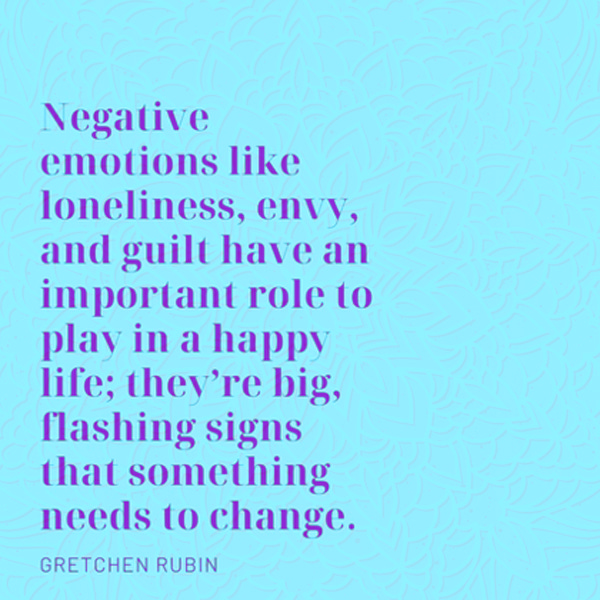Of all the emotions that can encumber and gnaw at the psyche, shame and guilt have to be two of the most corrosive. While they sound synonymous, they originate and manifest very differently.
Researchers Maria Miceli and Cristiano Castelfranchia articulated the distinction between the two emotions:
“...Guilt implies a negative moral self-evaluation. Without attempting to give a definition of moral, we suggest that a necessary condition for regarding an evaluation as moral is that it should concern someone’s behavior, goals, beliefs or traits for which (s)he is regarded as responsible. The evaluation will be positive or negative depending on the beneficial or harmful quality ascribed to such behavior, goal, and so on. Guilt is indeed concerned with one’s responsibility for a harmful attitude or behavior.
“By contrast, shame implies a nonmoral negative self-evaluation. Note that “nonmoral” is not a synonym to “immoral”. By “nonmoral” we mean that shame is not focused on responsibility issues. As we shall see, it is rather concerned with a perceived discrepancy between one’s actual and one’s ideal self.”
However, PsychCentral did it better (not the other researchers have anything to be ashamed of):
Guilt says: “I did a bad thing.”
Shame says: “I’m a bad person.”
As tutors, we should care deeply about the distinctions between guilt and shame because our students often arrive mired in one or both emotions. Some educators may even regard guilt and shame as arrows in the instructional quiver. Certainly, many parents apply liberal doses as if these feelings were vitamins:
“You are lazy and unmotivated.”
“Why can’t you be smart like your brother?”
“We’ve sacrificed everything to give you this education, and you waste it.”
Does that ever help? Tutors work with students along a spectrum of attainment from failing to excelling. At no point in that continuum will feeling worse about themselves or their actions help those learners advance sustainably to a more positive state. Sure, you might guilt a student into completing an assignment or knocking out a practice test or two, but guilt carries a cost. Shame carries a greater one that is scarcely mitigated by a higher SAT score.
We should be aware of the burden of guilt and shame to better support our students already so afflicted through the words and actions of their parents, teachers, and peers. Obviously, educators are not mental health professionals, and coaching is NOT counseling. That said, we can begin to help students unravel the knots of their own tangled cognitions by acquainting them with more positive motivations:
aspiration – working because you want something beneficial
accomplishment – working because you want to meet your own high standards
access – working because you want to meet a standard for enrollment or affiliation
enjoyment – working because you love what you do
actualization – working because you seek to realize your best self
Use the carrot, not the psychological stick. Be inspired in revealing (and recognizing for yourself) the beneficial and adaptive reasons to work hard, push through challenges, and commit fully to the sacrifice and effort all significant success requires. Reject short-term motivational methods that carry a longer-term cost.
While shame is always toxic, guilt can be, at least to some, a beneficial emotion. I’m not so sure, though I do agree with Gretchen Rubin: “Negative emotions like loneliness, envy, and guilt have an important role to play in a happy life; they're big, flashing signs that something needs to change.”
Feel free to point out negative emotions like guilt or shame in your students, but–whatever you do–don’t foster them!
Tips, Tools, And Thoughts
Pretesting Enhances Learning in the Classroom
Pretesting may enhance learning of both pretested and non-pretested related material
How to improve your materials writing
If you create your own curriculum or resources, make sure you know the fundamentals.
Effective feedback
Effective feedback must be objective, constructive, and manageable.
Can I do this? Self-efficacy and language learning
Where do self-efficacy beliefs come from?
Productivity Is About Your Systems, Not Your People
At least one expert thinks that 94% of most problems and possibilities for improvement belong to the system
…Speaking of systems, are you ready to implement an SAT/ACT curriculum system that makes your teachers the stars and your students future success stories? You know who to call: TestBright. (Don’t literally call though—just email, thanks.)







Great reminders Mike! Thank you!